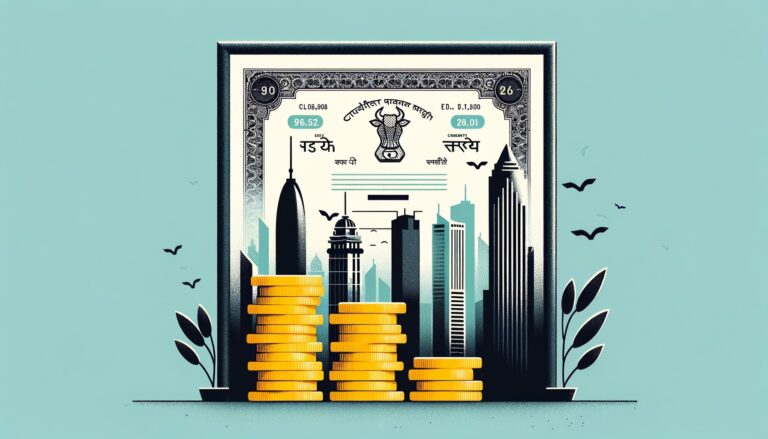What’s going on here?
India’s corporate bond market is buzzing, with top players like Bajaj Finance, SBI, and JSW Steel announcing major new bond issuances that are attracting significant investor interest.
What does this mean?
The flurry of bond issuances signals a robust corporate borrowing environment in India. Bajaj Finance took in bids worth 12.90 billion rupees ($153.7 million) for its July 2029 bonds at a yield of 7.93%, showing strong demand. Meanwhile, the State Bank of India issued a 15-year bond with a 7.42% coupon rate, raising 75 billion rupees. This demand for high-quality corporate debt is backed by top credit ratings from agencies like Crisil and ICRA. Even JSW Steel is in the mix, issuing bonds across different tenures to diversify their funding sources and tap into investor enthusiasm.
Why should I care?
For markets: Corporate bonds steal the spotlight.
The surge in corporate bond issuances is a positive sign for India’s capital markets, offering investors an alternative to equities while providing companies with crucial funding. The broad range of offerings – from Bajaj Finance’s AAA-rated bonds to JSW Steel’s AA-rated debt – underscores the spectrum of risk and return available to investors. With stable yields amid rising interest rates globally, these bonds present a compelling investment opportunity.
The bigger picture: India’s debt market evolution.
These significant issuances highlight a maturing corporate debt market in India, where companies are increasingly leveraging bonds to fuel growth and infrastructure projects. This trend dovetails with global shifts towards diversified financing mechanisms, reducing reliance on traditional bank loans. As such, the development of a vibrant corporate bond market is crucial for India’s long-term economic strategy, especially in supporting large-scale projects and driving sustainable economic growth.

